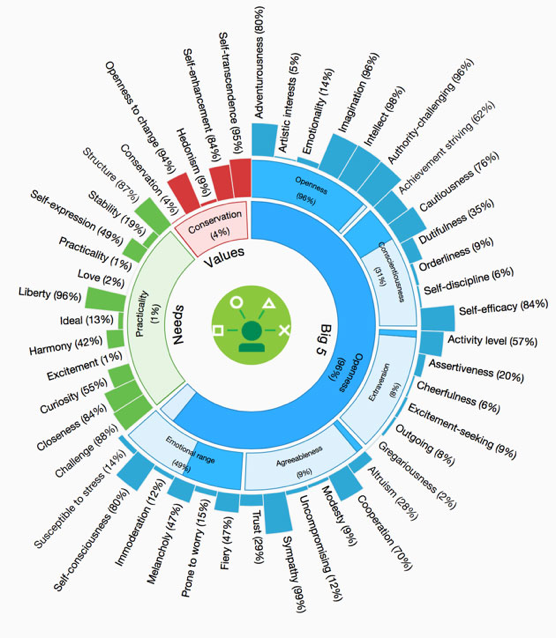We used to have our own rooms to work inside. Then the walls came down and open offices became the new cool thing. We started sharing the same space with our colleagues. Now it is even worse. We share it with complete fucking strangers.
Everyone knows that shared offices do not increase creativity or productivity. They are only good for meeting new people. But no one is calling out this bullshit because the underlying truth is grim and mostly of economic nature.
Shared office spaces is just one manifestation of the increasing dominance of shared economy. True, sharing allows better use of resources, but there are many specific downsides to it as well. For instance, not sharing can be convenient and convenience makes people happy. After all what are we striving for? We do not seek greater efficiency for the sake of greater efficiency. We seek it for a little bit of convenience and luxury.
We are all wabi-sabi enthusiasts now, right? Permanence is illusionary! Why own anything while you can subscribe to everything?
I feel genuinely sorry for the next generation who will be inheriting our worthless subscription accounts. I am also afraid that with the greater data available, we will eventually turn ourselves into pure optimisation machines, seeking happiness in minute incremental shit.
Somehow we forgot that the biggest psychological benefit of getting rich is the ability to be more relaxed with deployment of resources, including the most precious resource which is time.
But it is not entirely our fault. Just look at this graph.




